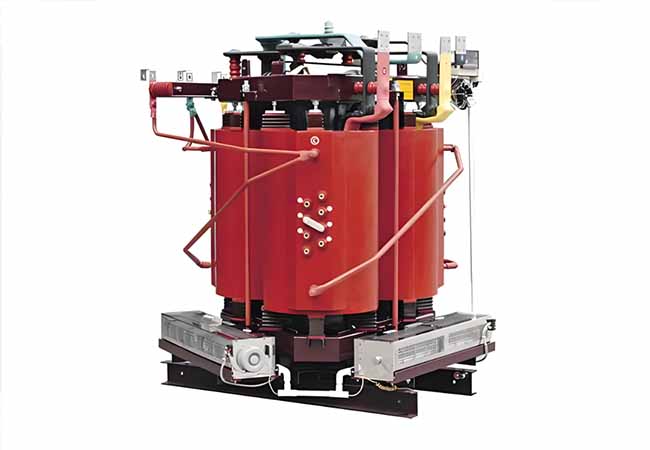Fault Analysis of Oil-Immersed Transformer
10-10 2024 | By:
Common faults of transformers during operation include faults in windings, bushings, tap changers, cores, oil tanks and other accessories.
(1) Winding faults
Mainly include turn-to-turn short circuit, winding grounding, phase-to-phase short circuit, wire breakage and joint open welding.
(2) Bushing faults
Transformer bushings are fouled, causing flashover in heavy fog or light rain, causing single-phase grounding or phase-to-phase short circuit on the high-voltage side of the transformer.
(3) Severe leakage
When the transformer is leaking oil seriously or continuously overflowing from the damaged part, the oil level gauge can no longer see the oil level. At this time, the transformer should be immediately shut down for leak repair and refueling. The causes of transformer oil leakage include cracking of welds or failure of seals, severe rust and damage of the oil tank due to vibration and external force during operation, etc.
(4) Tap changer failure
Common failures include poor contact or inaccurate position of the tap changer, melting and burning of the contact surface, and discharge of phase contacts or each tap
(5) Failure caused by overvoltage
When a running transformer is struck by lightning, the high potential of the lightning will cause external overvoltage of the transformer. When some problems in the power system occur, electromagnetic oscillation will cause internal overvoltage of the transformer. The damage to the transformer caused by these two types of overvoltage is mostly caused by breakdown of the winding main insulation, resulting in transformer failure.
(6) Core failure
Most of the core failures are caused by insulation damage of the core column through-hole screw or the core clamping screw.
(7) Oil leakage phenomenon: If the transformer oil level is too low, the bushing lead and tap changer will be exposed to the air, which will greatly reduce the insulation level and easily cause breakdown discharge.
You may also find these interesting:


